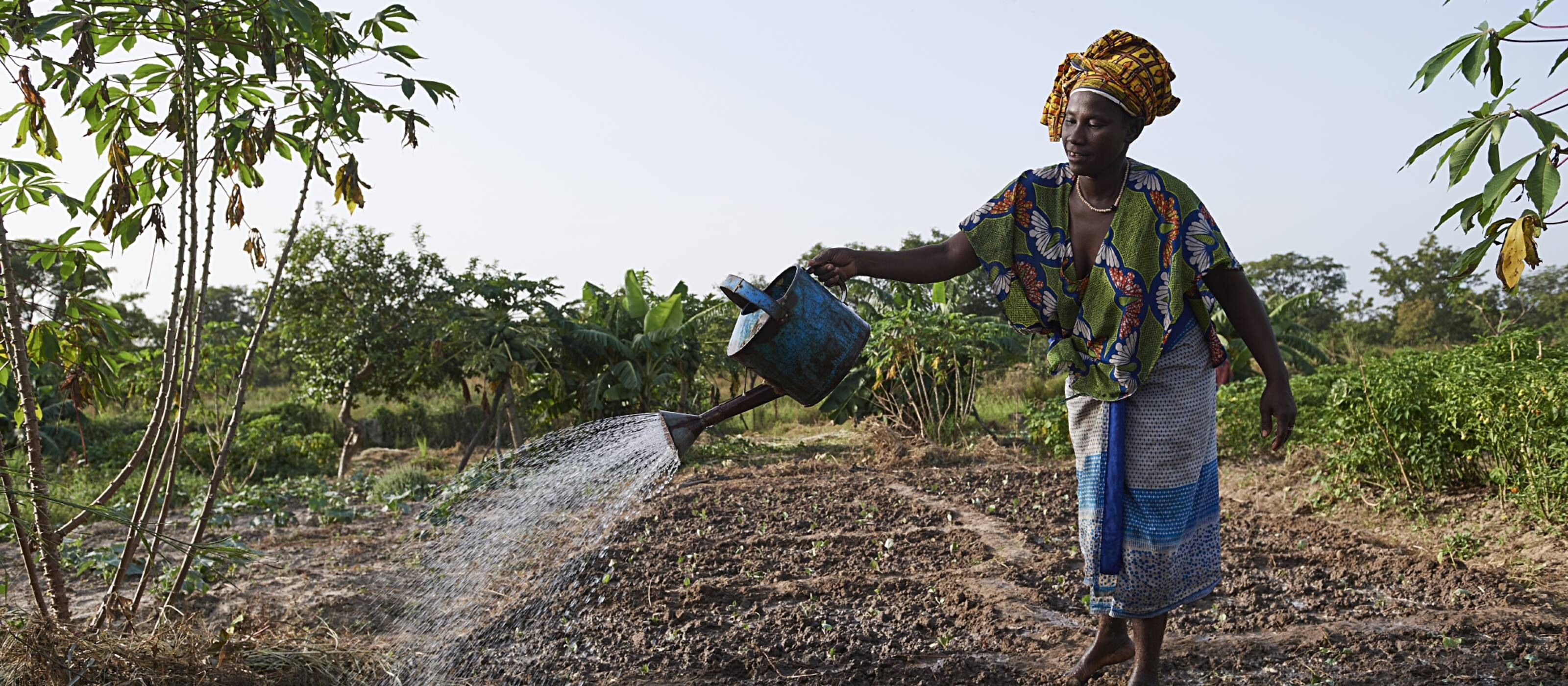

Climate
The climate crisis promotes and worsens natural disasters and weather events and threatens the livelihoods of billions of people. Our projects support the most vulnerable communities in adapting to the new reality, strengthening their resilience and sustainably securing their income. We support the restoration and protection of ecosystems, promote energy efficiency and help people to protect themselves better against natural disasters.
Climate Justice
Taking responsibility
The climate crisis affects us all. But the burden of the consequences is neither equally nor fairly distributed. The poorest and most vulnerable people in the global South suffer first and most. That is why Caritas Switzerland is committed to climate justice and helps those who are most severely hit.
How your donation helps
0
projetson climate adaptation worldwide
(2024)
0
peoplehave participated in a training session in sustainable agriculture
(2024)
0
peoplewere given access to energy-efficient and renewable technologies
(2024)
0
peoplebenefit from climate adaptation measures
(2024)
More information
Header image: A woman irrigates her vegetable garden with a watering can in Yanfolila, Mali © Fabian Biasio